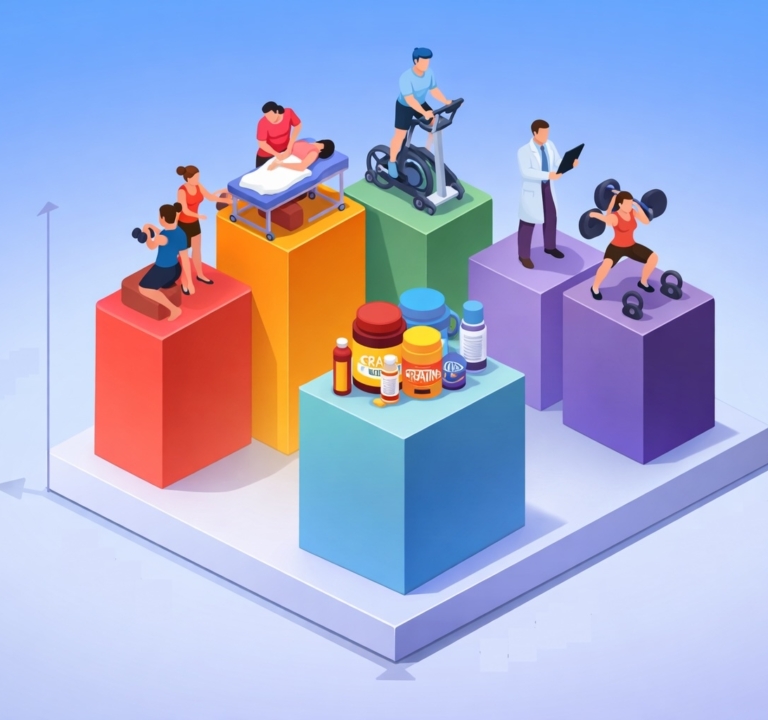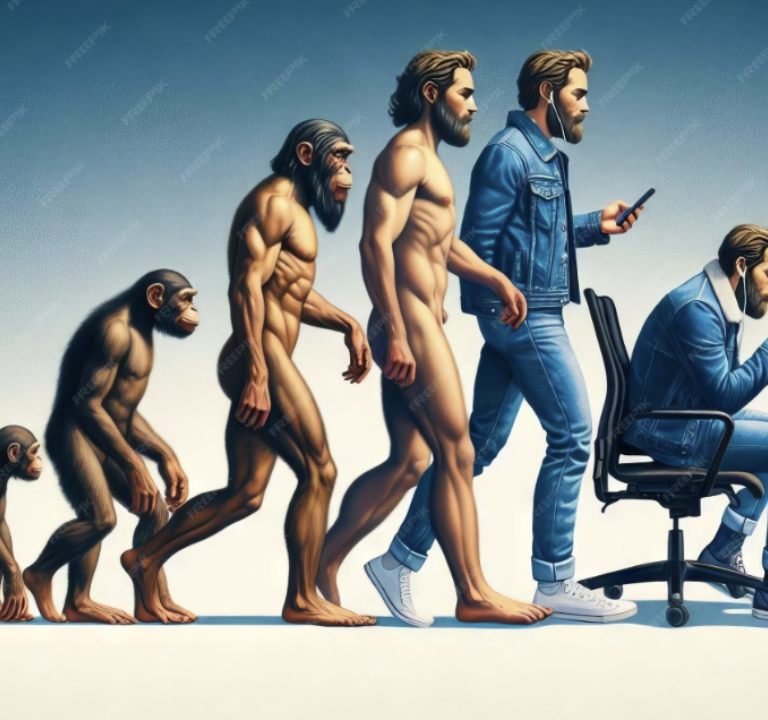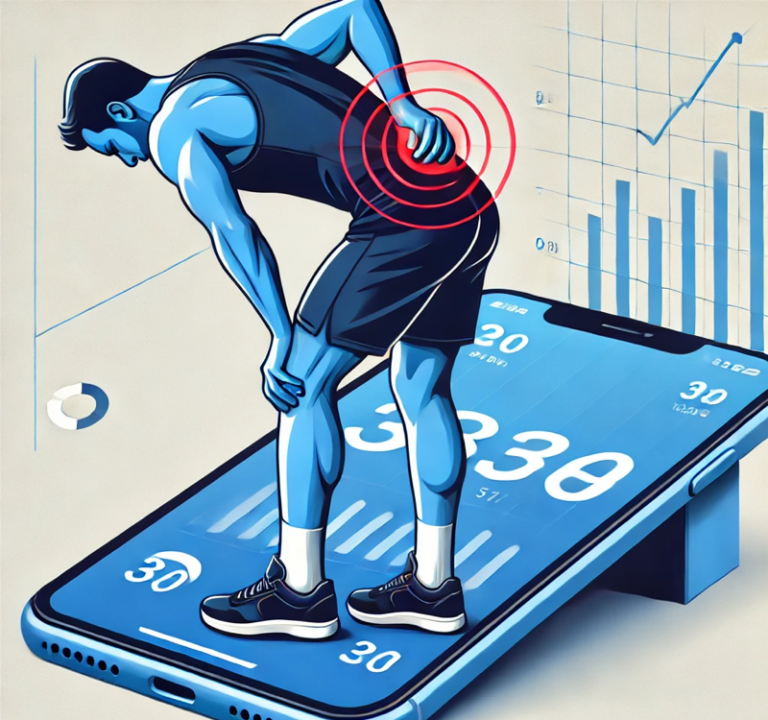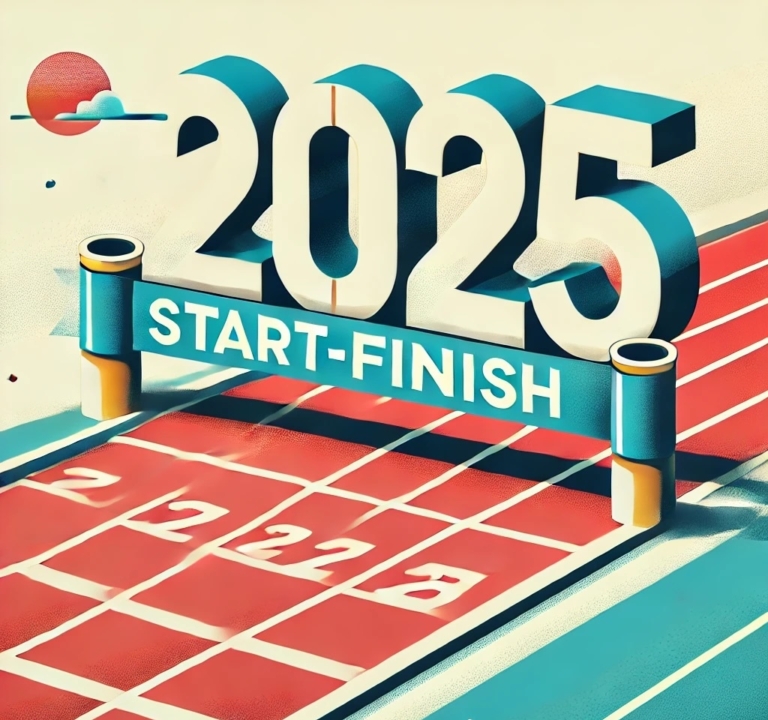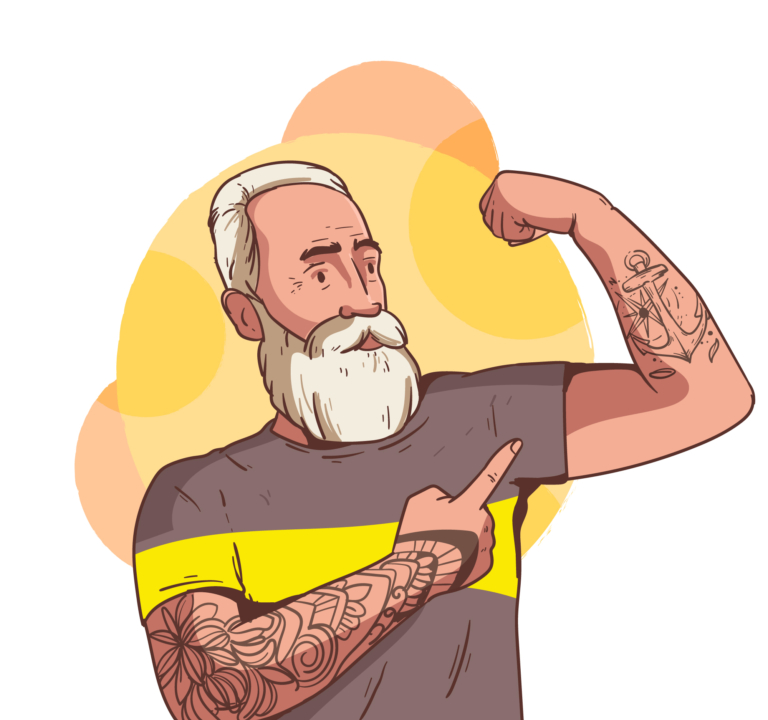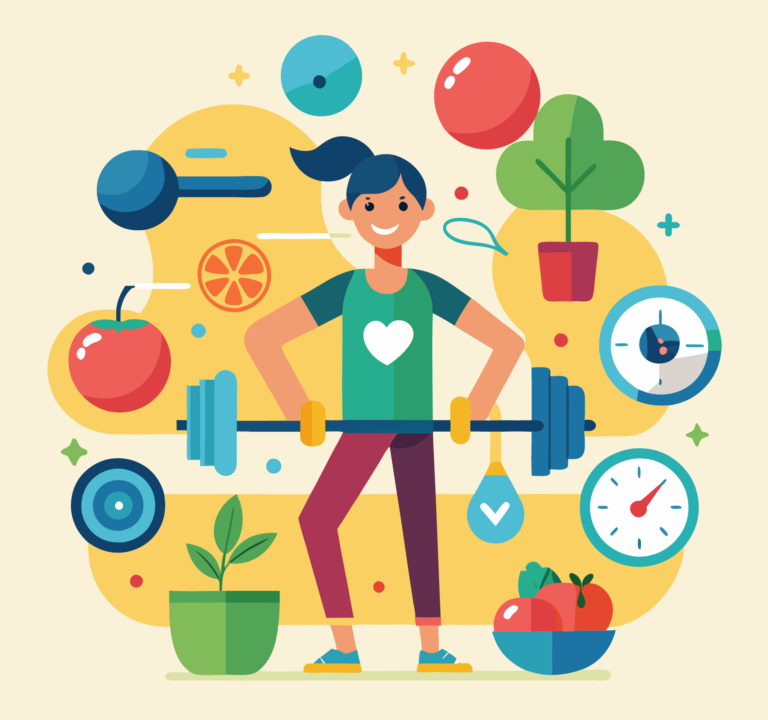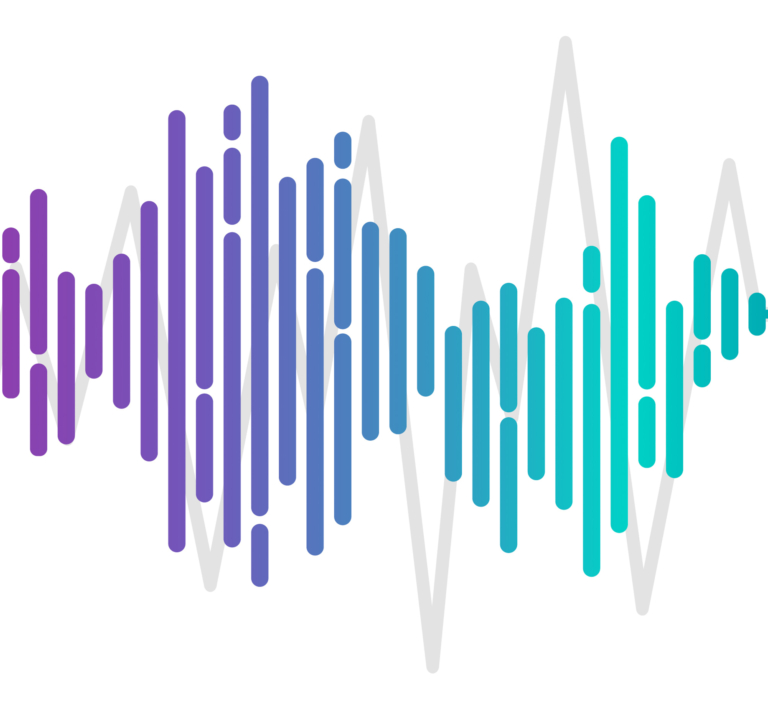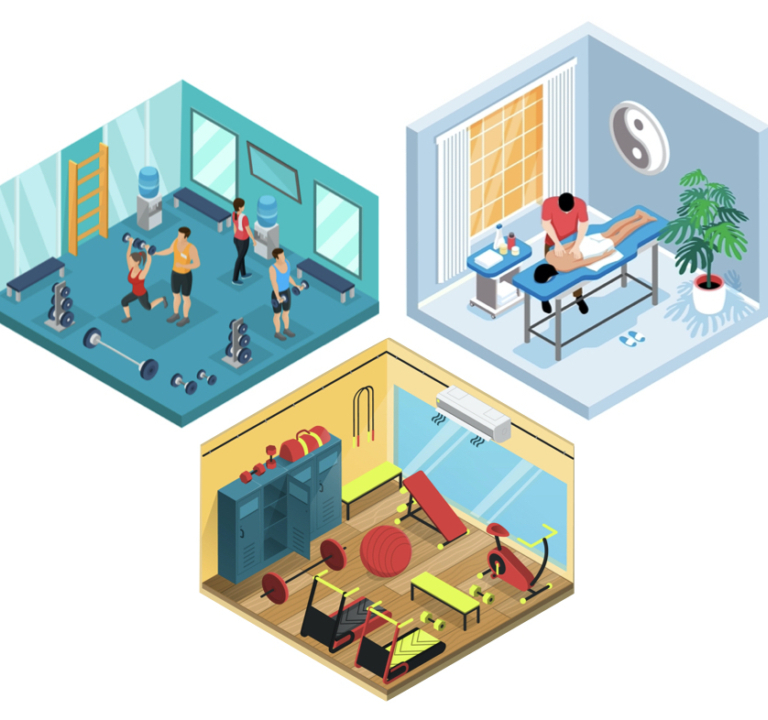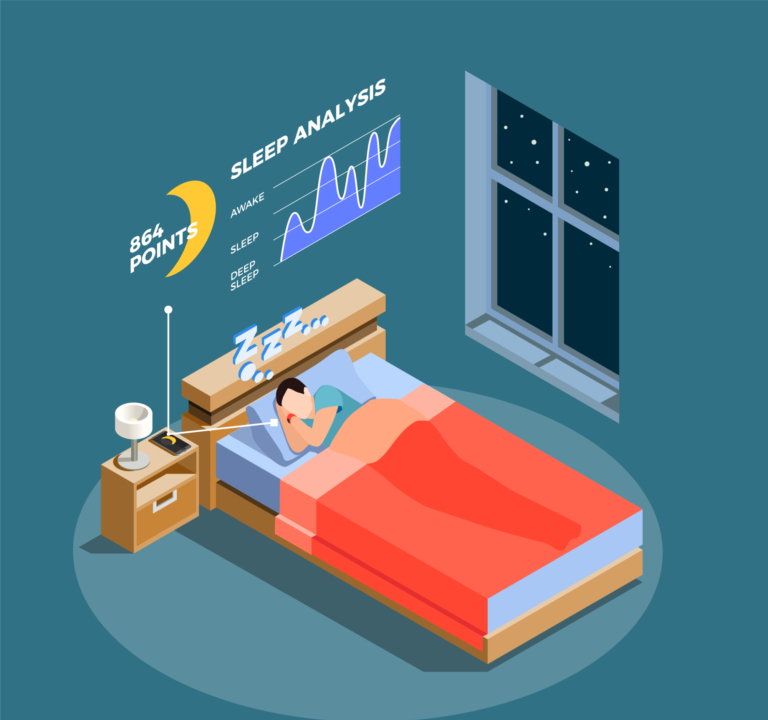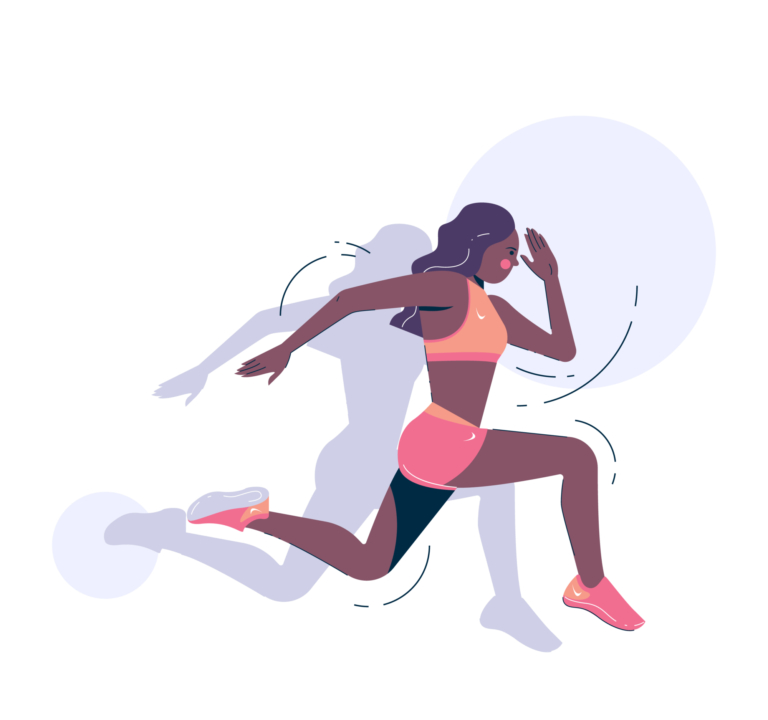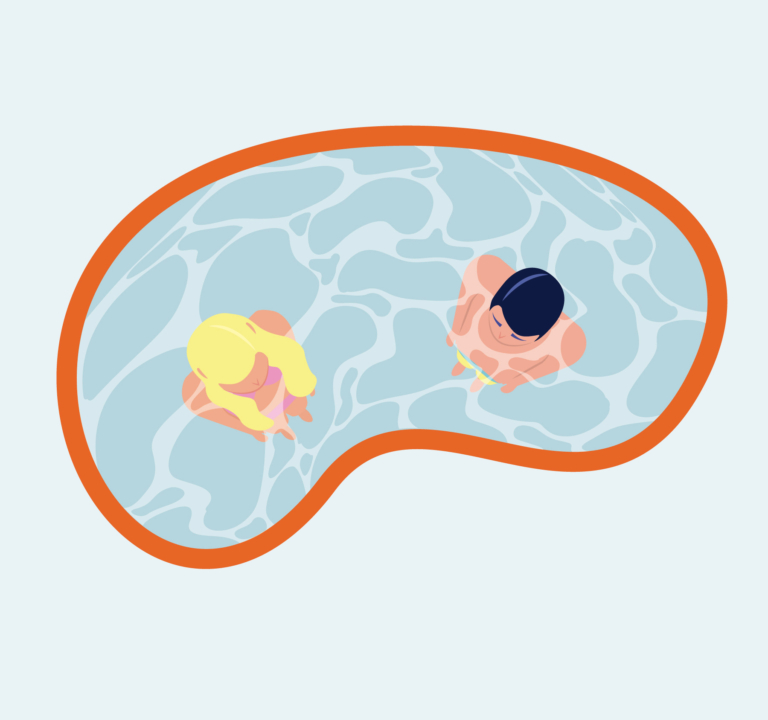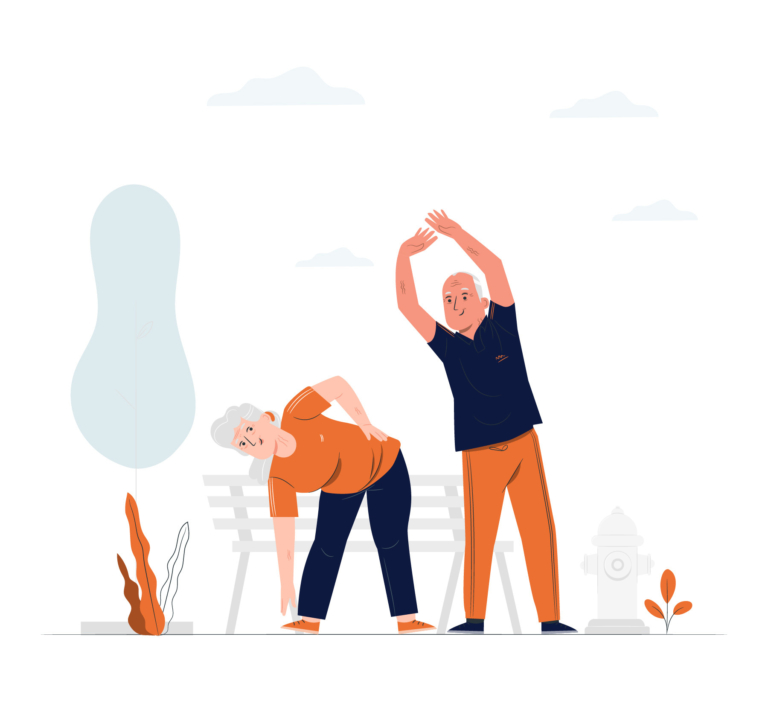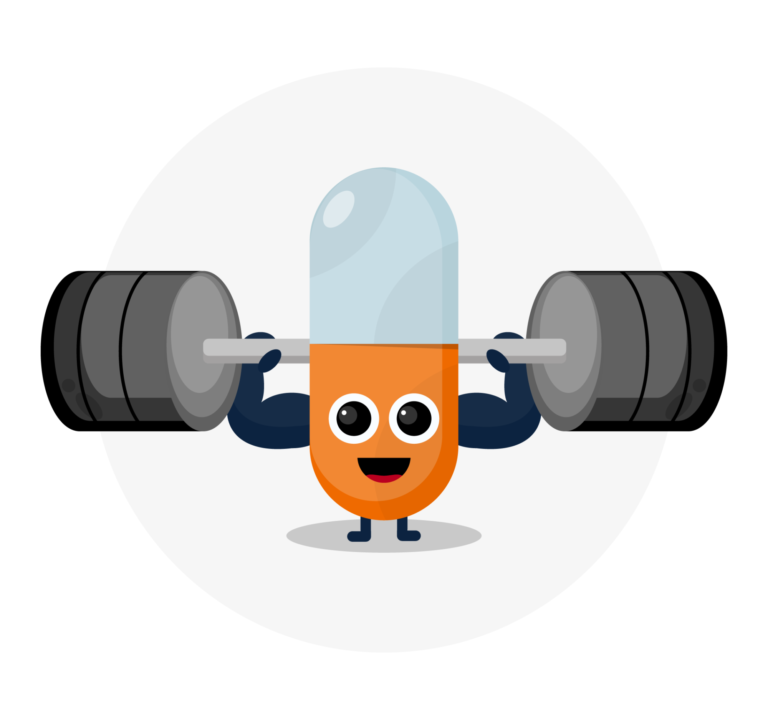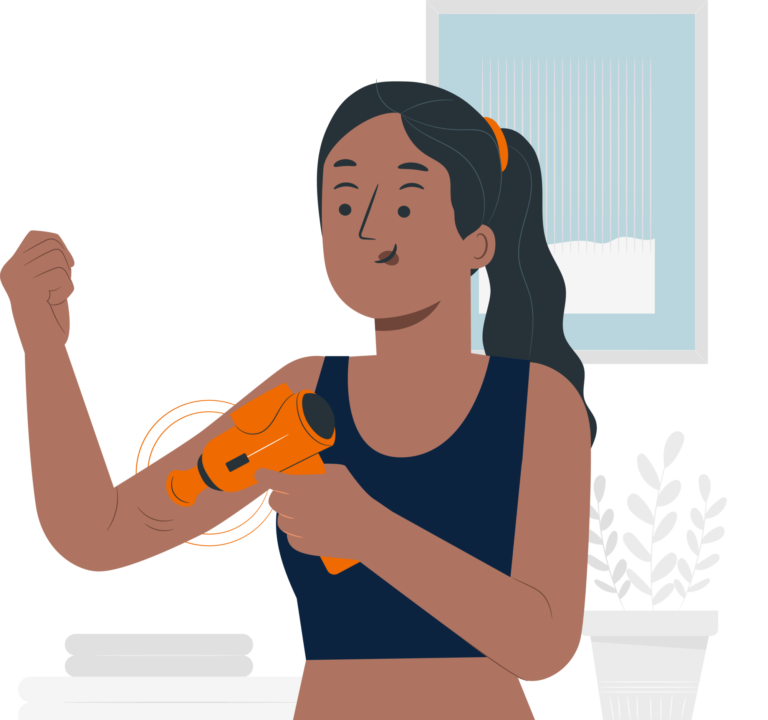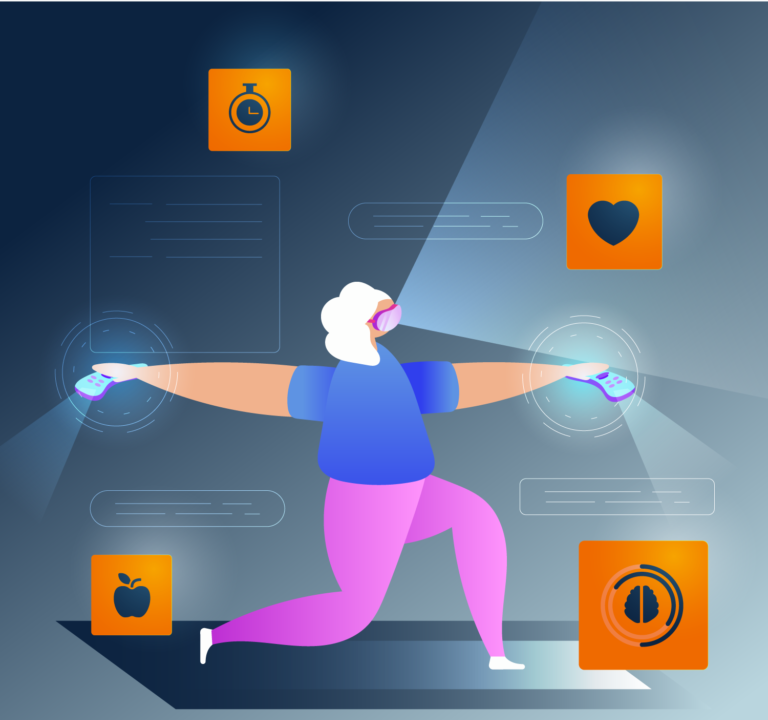Brain fitness : Performance from the top

Just like any muscle, it thrives on regular training and challenges to perform at its best.
Let’s dive into the power of brain fitness and explore proven strategies and emerging technologies to unlock the brain’s full potential for lasting performances on all fronts.
BRAIN FITNESS - UNLOCKING FULL POTENTIAL
Distinguishing concepts - While mental health and brain fitness are deeply interconnected, they serve distinct roles. Brain fitness and cognitive functions – its core elements, act as a silent enabler of performances, supports healthy aging and fosters a driven mindset.
In doing so, brain and cognitive fitness lay the essential foundations to mental health and well-being.
Driving forces - Rising awareness of mental health and cognition, accessible technological innovations, and a growing focus on holistic well-being are driving the brain fitness training market.
Athletes are raising the stakes by incorporating brain training into their pre-game routines — demonstrating even the fittest bodies need strong minds to perform.
Gaining recognition as central to health and well-being, cognitive fitness permeates the sports and wellness sectors as populations are aging, neurodegenerative conditions are rising, and all generations are seeking healthspan.
The American College of Sports Medicine (ACSM) has acknowledged the importance of brain-fitness promoting activities, ranking mental fitness among its top 10 trends for 2025.
BRAIN ARCHITECTURE
The brain regulates vital functions like breathing, heart rate, alongside more complex faculties like memory, learning, perception, language, and decision-making. These functions rely on neuronal structure and synaptic connections between different regions of the brain to adapt and respond to challenges – brain plasticity.
Neuroplasticity – or the brain's ability to adapt and reorganize its neuronal structure – peaks in early life, but remains active throughout adulthood. Neuronal restructuring is foundational to consolidate learnings, respond to new experiences, make predictions and recover from brain trauma.
Predictive brain - One predominant theory posits that the brain operates as a predictive model, constantly inferring predictions from experiences, beliefs and sensory input. The brain updates its models by learning from prediction errors, constantly refining its predictive abilities. This forms the central theoretical principle of AI, neural-networks and machine learning.
The brain plasticity to predictive errors is responsible for its resilience, or ability to adapt and learn from experiences and at least partially explains why staying curious and confronting its beliefs is a health practice.
- While learning, the brain adjusts its internal models (neuronal connections) to minimize prediction errors in similar future situations.
- Decision-making - brain guides behavior towards the most favorable outcomes from a set of ranked predictions.
- Memory - the brain stores relevant experiences to inform future predictions.
Sleep is essential for cognitive function and acts as a system reset. Restorative sleep strengthens neural connections and clears unnecessary information & toxins, optimizes neuroplasticity to update prediction models and consolidate learnings.
These processes primarily occur during light to deep non-REM sleep, but dreams, which occur during REM sleep, may serve as virtual experiments to refine prediction models.
Insufficient sleep quality or overt sleep deprivation can transiently impair cognitive functions – brain fog, and could over time contribute to premature cognitive decline.
Brain homeostasis - Healthy habits – including sleep – also regulate cerebral blood flow and energy metabolism. These vital elements, part of the brain homeostasis, ensure the delivery of oxygen, essential nutrients and glucose – the brain’s primary energy source – for adequate neuronal cell functions.
Disruptions in either blood flow or metabolism can significantly affect brain health and performances – a concept increasingly linked to cognitive impairments and neurodegeneration.
FOOD FOR THOUGHT
Central to health habits, mindful eating is key to brain and cognitive health.
- Nourish the brain - Prioritize whole foods like colorful produce – rich in vitamins and other antioxidant bioactives; and Omega-3-rich fish or supplements.
So-called cognitive enhancers like choline, theanine, curcumin, ginkgo or cannabinoid extracts are among the fastest growing supplements vertical, but present little or inconclusive supporting evidence.
Adhering to diets like the Mediterranean, DASH or the MIND diet, which combines both, early in life is likely the most effective and safest strategy to enhance cognition.
- The gut - brain connection - Brain fitness isn’t only about the mind. Fiber- and probiotic-rich foods to support gut health as part of the Gut-Brain Axis and its system-wide benefits.
THE BRAIN ON EXERCISE
Just as nutrition fuels the brain, physical activity regulates blood flow, neuroplasticity and sleep – creating a powerful virtuous circle providing the stimulation needed to further elevate cognitive performances.
A favorable window - Exercise promotes neural cell growth and proliferation by increasing Brain-Derived Neurotrophic Factors (BDNF; along with GDNF and NGF), and Dopamine, responsible for the post-exercise high and creativity boost.
Neurons that fire together, wire together Leveraging the exercise-induced surge in neurotrophic factors is beneficial for cognitive functions as it creates an ideal learning and connection-building environment.
Engaging in activities challenging for both the body and the mind – like sports relying on athletic skill and strategic thinking, foster synaptic connections and neuronal communication, which strengthen cognitive resilience.
Like muscles, neurons thrive when faced with challenging cognitive tasks.
BRAIN ENDURANCE TRAINING
While exercise physically strengthens the brain, actively engaging in cognitive tasks like Brain Endurance Training (BET) challenge the brain’s executive functions and enhance mental acuity and resilience.
Similar to a well-devised fitness plan, a structured BET program targets different cognitive skills with various exercises designed to induce positive adaptations. A balanced BET regimen sharpens faculties like reaction time, decision-making, object tracking, and response inhibition with guided exercises such as reading mismatched color names (Stroop test).
Benefits - Just like physical exercises, brain training can enhance both physical and cognitive performance, support wellbeing and slow cognitive decline.
Cyclists who added regular 30-minute BET sessions into their routines performed better in 20-minute time trials and coped better with discomfort. Sedentary older adults completing multiple weekly 20- to 30-minute BET sessions also reported cognitive and physical performance enhancements.
Maximizing outcome - Just as structured weight training maximizes progress, optimal BET demands guided exercises and monitoring, thus creating a new fitness and wellness tech segment.
MENTAL HEALTH TECH
Often overlooked by wearables and wellness tech, cognitive function training and monitoring is now being transformed by technologies facilitating how we engage with brain fitness.
Here are some of the most promising segments reshaping cognitive health.
- Digital brain training applications & cognitive enhancement games - From VR-based Neurotrainer to apps like Rewire, Neurovizr and SMARTfit brain training platforms offer exercises for resilience, reaction speed, and performance tracking. BrainHQ, Cognifit, Intelligym and Soma also seek to enhance cognitive tasks for sports and everyday life.
- Neuromodulation - Devices like Neurosym earpieces send signals to the vagus nerve to improves heart rate variability (HRV), recovery, sleep, and stress management. Similarly, transcranial direct current stimulation (tDCS) applies low-voltage currents to stimulate specific brain regions for similar benefits.
- Neurofeedback - Using EEG brain-wave sensors, devices such as the Alphabet and Neeuro headbands and Sens.ai headphones transform brain waves into sounds, making brain activity more tangible for users. These devices offer real-time feedback and help users modulate brain activity through games.
- Brain gyms - Training facilities are increasingly incorporating brain fitness tools, such as light boards and proprioception hardware. Franchises like SPARKD are paving the way to such facilities integrating brain training protocols into wellness routines.
- Systems reset - Exploring the impact of sounds on brain health and recovery, AudioVitality, Endel, Omega Human and TERSA are emerging as leaders in this innovative segment. Stay tuned for a deeper dive on the topic in an upcoming POV.
LIFESTYLE STRATEGIES
Aside from technologies, organically cultivating cognitive performance through mindful lifestyle remains among the best brain-boosting practices.
- Brain game - Stay curious and regularly engage in creative tasks. Learn a new language, master a musical instrument, or tackle mind games to exercise neuroplasticity, mental resilience and keep your brain sharp.
- Explore new territory - Reading is an exercise in deciphering symbols, analytics, focus, memory, and empathy. Make daily reading on complex or unfamiliar topics your ultimate brain stimulant — dive down the rabbit hole and embrace the mindful learning experience.
- Prioritize healthy relationships and social interactions, essential for cognitive stimulation.
- Protect your senses - as vision and hearing loss reduce neural influx and – along with brain trauma – are among the newest risk factors of cognitive decline. Hearing health is coming into focus with Apple earbuds now equipped with clinical-grade hearing aids.
THE FUTURE IS BRIGHT
By actively investing in the many aspects of mental health & fitness, we can unlock our full physical and mental potential and remain sharper throughout life.
Let’s prioritize brain fitness today and build lasting mental strength for the future.

